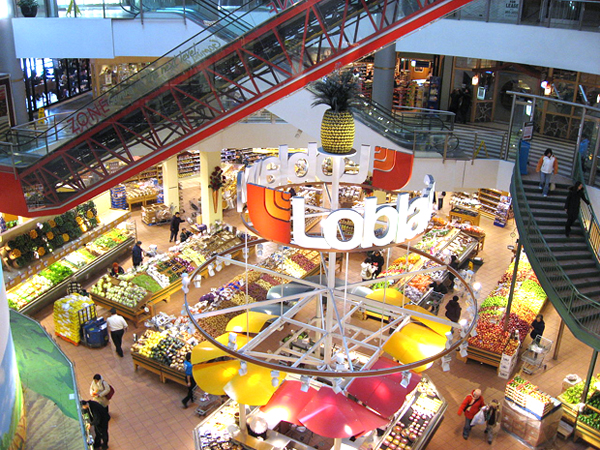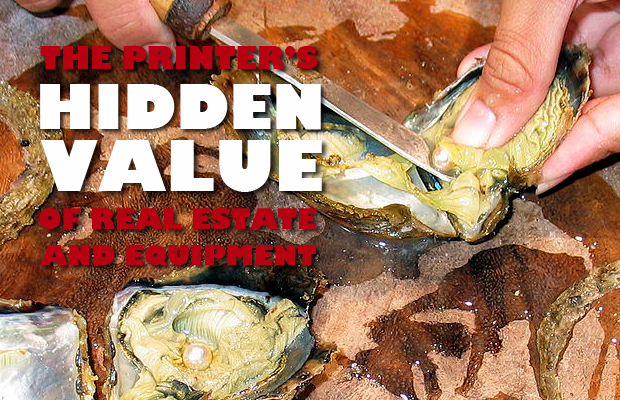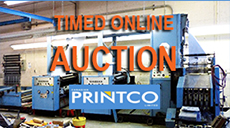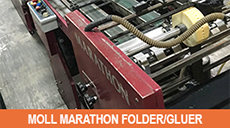Capital markets were never designed for win-win
scenarios even though many believe otherwise. Financial news from Manroland Sheetfed and H.J.
Heinz offer age-old examples of this fact; when there
are winners there will also be losers. Consider the investor’s
Investor, Mr. Warren Buffett, and his mid-February
2013 alignment with Brazilian 3G Capital to buy
H.J. Heinz for $23 billion. The consortium of Berkshire
Hathaway and 3G paid top dollar in acquiring a blue
chip, annuity-shedding business. The losers: Most
probably all the folks who will be looking elsewhere for
a paycheck, or those who had to tender their shares. The
winners: Presumably Buffett and most any company
aligned with him.
Yellow Media Ltd.’s mind blowing multi-million-dollar
acquisition spree of virtually every Canadian phone
book publisher came to a screeching halt recently with
the former Income Fund’s management displacing
Marc Tellier as their chief executive. It would seem no
one opens up the yellow pages anymore. Yellow Media’s
push for high dividends kept many shareholders in the
game much longer than they should have. The Losers:
Sellers of the original stock and anyone holding Yellow
Media shares today. The winners: Bain Capital made
out just fine and so did the sellers of all those former
phone book companies.

Enter Mr. Tony Langley, Chairman and CEO of the
Langley Holdings PLC industrial group, which purchased
manroland’s sheetfed business in mid-2012 and
moved it out of bankruptcy as the new manroland
sheetfed GmbH. It has now been plastered all over the
Internet that Langley paid roughly €80 million for the
sheetfed business. Inclusive in this figure is a book gain
of €25.2 million just from real estate holdings in Offenbach
and the company’s Italian headquarters. Langley
is a very smart businessman who moved when others hesitated. In fact, all of the Langley’s German
holdings are said to be outperforming the German machinery
producer’s index, called Verband Deutscher
Maschinen und Anlagenbau e.V. (VDMA).
Just after Langley Holdings’ takeover of manroland
sheetfed, and prior to Drupa 2012, Langley shrugged
off an old printing machinery pretence that trade shows
are omnipotent to success. Langley’s unfettered comments
about his disdain for absorbing high costs of
tradeshows have certainly been reflected in an exodus
from IPEX 2014 bookings by some of the printing industry’s
largest technology suppliers, including the likes
of Agfa, Canon, Komori, Kodak, Heidelberg, HP and
Xerox. It may have been a historic mistake for IPEX to
move its show from Birmingham to the highly expensive
confines of downtown London.
Langley also wasted little time in dumping a trove of
stuffy management at the old manroland and taking
the controls himself. The losers: A mixture of the ownership
of Manroland A.G. (M.A.N. & Allianz), as well
as company bankers, small shareholders and the workers
dismissed. The winners: Langley Holdings and
manroland sheetfed printers.
Real estate was the major immediate win for Langley
putting up cash when no one else would. Besides Langley’s
brilliant moves and penchant for ignoring the establishment
in German printing machine circles, there
is a story of how every business has hidden value. And
this value is often determined by how small, medium
and large businesses leverage their real estate holdings.
Running with real estate value
I’m still amazed quite honestly at the rhetoric of larger
companies putting forth their notion that factories are
something not held but expensed. The predictable rationale
behind this statement is that companies make
money on what they produce or offer for sale; the costs
of such sales – machinery, labour, facilities and overhead
– are seen as destined for the expense side of the
ledger. Publicly held businesses in particular do not
want any liabilities not directly involved in the making
a product, to be seen as a drag on the financial statement.

I beg to differ: Take a quick look around you and find propan
asset that declines in value (on the balance sheet)
while at the same time increases (in value) when sold.
Certainly the key ingredients of production printing,
presses, binders, software, etcetera, will not fit the above
scenario. Property is probably the only asset that remains
just that, an asset. With interest rates at near
record lows and investment debentures, bonds or cash
deposits the same, what could be better security than
owning the facility where you are manufacturing?
The Canadian grocer giant, Loblaw Companies Ltd.,
plans to spin off 35 million square feet (from a total
holding of 47 million) into a Real Estate Investment Trust
(REIT), which would create a $7 billion holding. That’s
a pretty big number almost currently hidden and
buried somewhere in the accounting statements. Like
most publicly traded companies, Loblaw is keen to push
for a return on shareholder value. One can only speculate
the extent of the huge gain that will take place as
some of the properties have been held for decades,
maybe even longer. However, I disagree with selling
these low book value assets?

|











